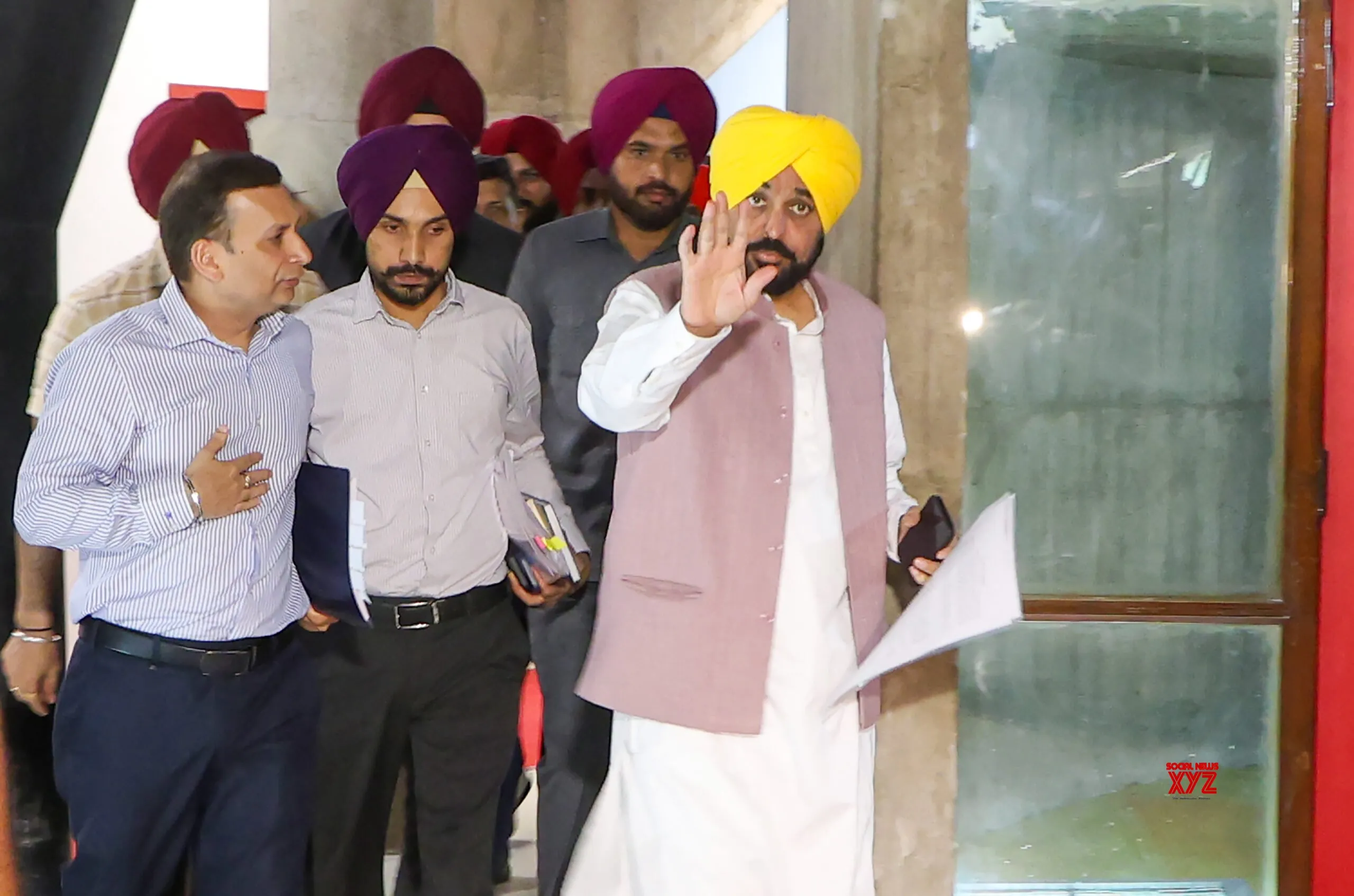By Dayo Idowu,Rapheal
Copyright thesun

By Dayo Idowu
Professor Mahmood Yakubu, who is due to step down in November as the Chairman of the Independent National Electoral Commission (INEC) is leaving behind a legacy framed in history. His tenure has been a source of intense media scrutiny of late.
Speculations have been rife that President Bola Tinubu was shopping for a replacement and weighing sending Yakubu on terminal leave before the end of his tenure in violation of the provisions in Sections 154(1) and 157(1) of the Constitution that his removal can only occur with a two-thirds majority of the Senate based on incapacity or misconduct.
The concern is that his departure just some 15 months to the 2027 general elections, will also create a lot of uncertainties in the polity given that five national commissioners will also end their tenure this year while another five will bow out of the commission on the eve of the 2027 elections.
Given this scenario, the concern is that the 2027 elections would likely be superintended by a relatively new leadership, post Yakubu unless the President decides to appoint a chairman from the pool of the present commissioners. Be that as it may, Yakubu, the 12th man to occupy the exalted seat of the umpire of Nigeria’s election since 1964, will make his exit from the commission on a high pedestal with his place firmly entrenched in history.
The Professor of History is the first and only person to serve for a second term in office as INEC Chairman since his first appointment by President Muhammadu Buhari on 21 October 2015, after he succeeded the acting chairman, Amina Zakari.
Buhari, relying on the provision of Section 154 (1) of the Constitution of the Federal Republic of Nigeria, 1999 (as amended), had also nominated Yakubu for the second and final term in office on October 27, 2020 as Chairman of INEC in a letter to the President of the Senate, Ahmad Ibrahim Lawan.
The outgoing electoral Czar served the country in various capacities before his appointment to the strategic position of Chairman of INEC. Yakubu, who graduated from University of Sokoto with a first class honours degree in History in 1985 had an enduring record of being the first student from Northern Nigeria to graduate with a first class in History.
In 2007, he was appointed as the Executive Secretary of the Education Trust Fund (ETF), which later became the Tertiary Education Trust Fund (TETFund) before serving as the Assistant Secretary in charge of finance and administration during the National Conference in 2014. Yakubu employed the Continuous Voter Registration (CVR) initiative to raise Nigeria’s electoral register to 93 million, the highest in history by adding another 12 million people to the voters’ list before the 2023 general election.
In his decade-long tenure on the hot seat, he burrowed headlong into reshaping Nigeria’s election and ensuring credible elections through the use of technology and application of novel innovations like the Bimodal Voter Accreditation System (BVAS) and the INEC Results Viewing Portal (IReV) with the aim of ensuring that all votes counted.
BVAS, which replaced the controversial Smart Card Readers, enabled a secure voter authentication through the use of fingerprint and facial recognition, while IReV was designed to upload polling unit results in real-time. However, the IReV, a real-time transmission of result, which was to prevent rigging at the polling units by being an improvement on the results that were pasted on Form EC60E, could not be deployed because of lack of full legal backing of the National Assembly.
The non-deployment for the 2023 elections due to glitches was a low for Yakubu after assurances to the electorate, political parties and international observers. Its non-use raised question of partisanship of the electoral body as well as the integrity and credibility of the exercise. It also eroded public trust and enthusiasm in future electoral process.
Under Yakubu’s watch, INEC also established a total of 56,872 new polling units in its expansion of voter access drive. That initiative made it the first-time that additional polling units were created in the country since 1996, when the Commission established 119,974 polling units.
The expansion which factored the country’s growing population brought the total number of polling units in Nigeria to 176,846.
He also sought to standardize the INEC’s electoral calendar and help ameliorate the chaos and last-minute improvisation that had marred previous elections through the introduction the Election Project Plan (EPP) and the Election Management System (EMS) that standardised INEC’s electoral calendar and ameliorated the chaos and last-minute improvisation that had marred previous elections.
This is in addition to the Media Monitoring and Analysis Tool designed to enhance the commission’s capacity to filter media coverage of its activities and the Political Parties Financial Reporting and Audit System (PFRAS), which seeks to assist the Commission to monitor political party finance more efficiently and effectively.
Also worthy of acknowledgement is that under Yakubu’s watch, INEC embarked on local production of ballot papers and results sheets, digitalized candidate nomination, ensured media and observation accreditation and created online pre-registration portal. All the aforementioned initiative placed INEC on a trajectory of professionalism and autonomy sans executive interference as an arbiter in Nigeria’s turbulent electoral space.
• Idowu, public Affairs Analyst, writes from Lagos



